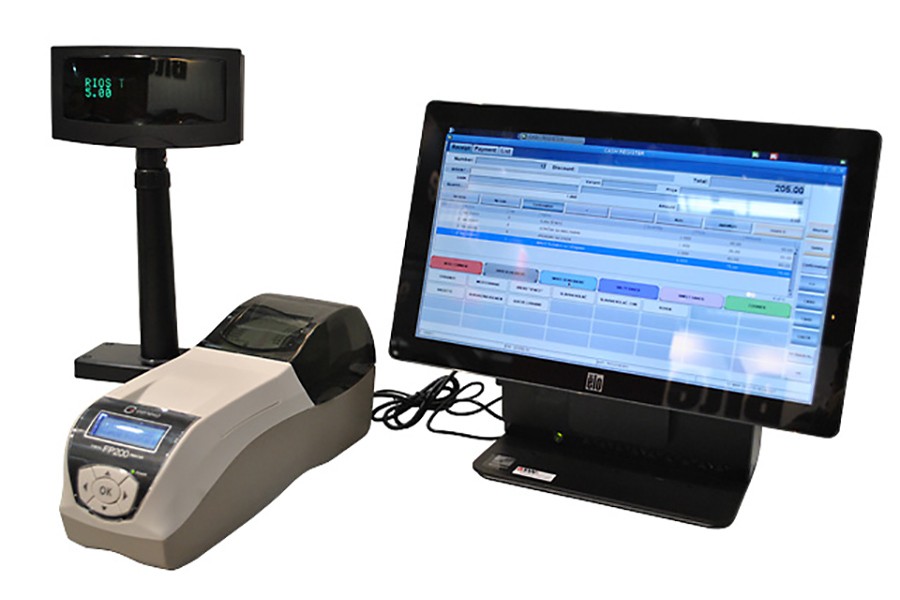The National Board of Revenue (NBR) is set to make use of Electronic Fiscal Device (EFD) mandatory for businesses from the upcoming fiscal year, officials said.
This will scrap the existing order for ECR installation.
Such device will be interconnected with the server of the Value Added Tax (VAT) so that the VAT authorities can track each of the transaction of the EFD-installed businesses.
The VAT wing has already drafted a statutory regulatory order (SRO) in this regard.
In 2009, the revenue board made the installation of ECR mandatory for 11 types of businesses. The VAT authorities could not enforce the measure fully due to the lack of cooperation from businesses.
The existing businesses, which have already installed ECR, will be required to replace their machines. They will have to purchase EFD according to the new specification of the tax-collecting agency.
Businesses allegedly hide the actual sales information by tampering the data of the ECR machine or keeping it non-operational to evade VAT.
Finance minister AMA Muhith, in a note to the revenue board, expressed his optimism about higher revenue collection through introducing the EFD.
"I hope, we will be able to install EFD from the beginning of fiscal year 2018-19. It may help increase VAT collection without changing the VAT rates," he wrote in the note.
Talking to the FE Monday, a senior official of the VAT wing said the EFD will have new specification to make it compatible with Android or Linux.
"The EFD will be interconnected with the VAT online server. The businesses will be allowed to print invoice after real time authentication of its transaction from the NBR," he said.
Although the EFD will be made mandatory from July, 01, 2018, its implementation might be delayed by four to five months, he added.
The board will have to invite tender to select companies, which would import the machine and supply those to the shops.
The EFD supplying company will provide after sales services to ensure the machine operates smoothly.
Officials said the VAT authority might expand the area of businesses for the mandatory installation of EFD to increase revenue.
Currently, ECR is mandatory for 11 categories of businesses including hotels, restaurants, sweets, departmental and general stores, jewellery, all shops at shopping malls in metropolitan areas, and medium and large wholesale and retail shops across the country.
But the initiative to install ECR in businesses made little progress over the years as around 3,000 out of eligible 11,005 across the country installed the devices.
Officials said after the installation of EFD, it would not be possible for businesses to keep the machine non-operational.
The EFD supplying company will provide after-sale service instantly if the device gets out of order, they said.


